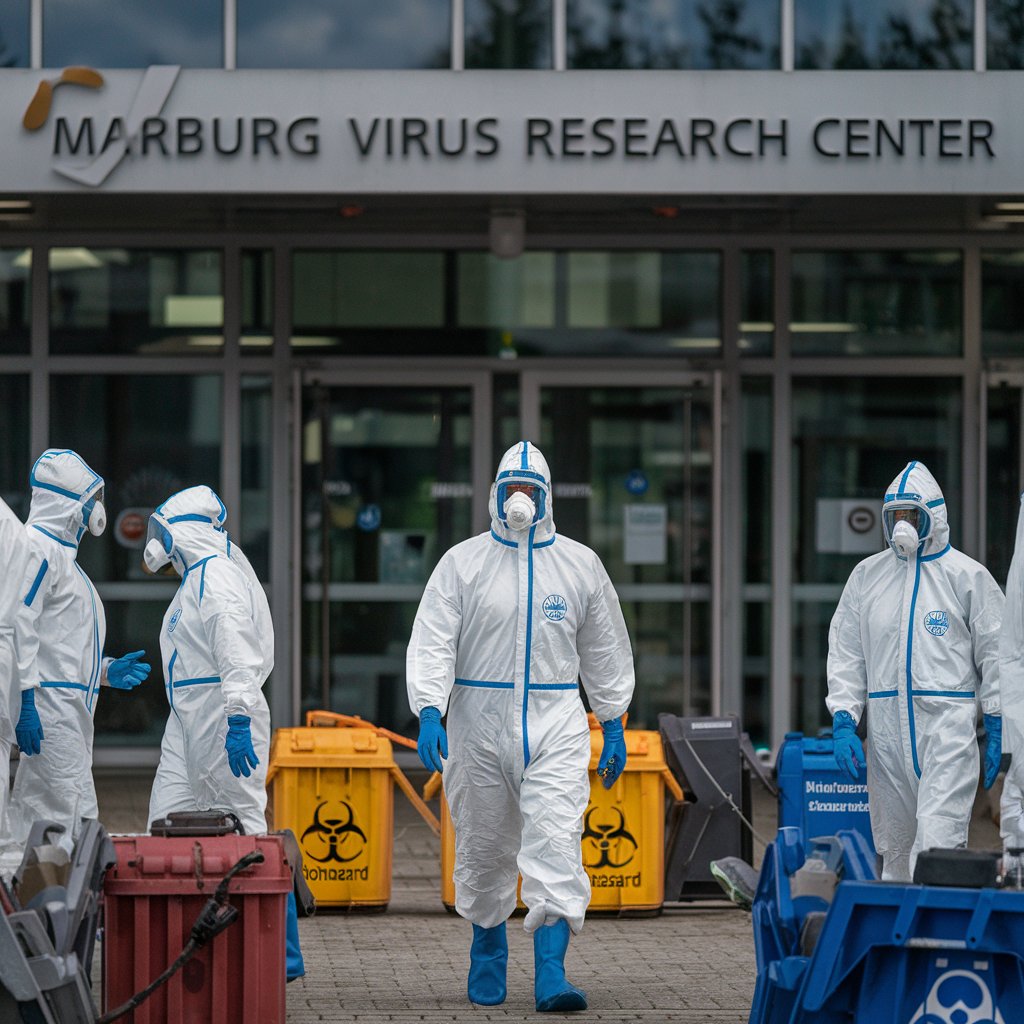Marburg Virus Scare In Germany Linked To Rwanda Outbreak

Germany experienced a scare in early October 2024 when two travelers from Rwanda were suspected of carrying the deadly Marburg virus. The pair, who were medical students, had been working in a hospital in Rwanda and were potentially exposed to the virus during their stay. Upon their return, they boarded a train from Frankfurt to Hamburg, where one of them reported concerns about having contracted a tropical disease, leading to immediate precautionary measures.
Authorities in Hamburg swiftly isolated both individuals at Hamburg Central Station, closing off parts of the station for safety. They were transferred to the University Medical Center Hamburg-Eppendorf (UKE), a specialized facility for infectious diseases. PCR tests were conducted, which thankfully confirmed that neither of the passengers had contracted the Marburg virus. At no point did the individuals show symptoms of the virus, and subsequent health screenings cleared them of any risk to the public(ECDC)(The Independent).
The backdrop to this incident is the ongoing marburg virus outbreak germany, which has caused growing concern. As of early October, Rwanda has reported 36 confirmed cases, with 11 fatalities. Marburg virus disease, a highly infectious hemorrhagic fever similar to Ebola, has a fatality rate of up to 88%. It spreads through contact with infected bodily fluids, surfaces, or objects contaminated by these fluids. Originating from fruit bats, the virus is feared for its potential to cause severe outbreaks(ECDC).
German health officials assured the public that there was no broader risk following the negative test results. The travelers’ contacts were limited, and appropriate containment measures were swiftly implemented. The incident underscores Germany’s preparedness for handling potential outbreaks. Authorities in Hamburg continue to monitor the situation closely, with one of the students who had minimal contact with an infected patient in Rwanda undergoing observation during the virus’s 21-day incubation period(The Independent).
While Germany has avoided an outbreak, the situation highlights the ongoing threat posed by the Marburg virus, especially in regions like Rwanda, where health systems are strained. As a highly lethal pathogen with no specific treatments or vaccines widely available, the virus remains a significant public health concern, prompting international attention and precautionary measures wherever there is potential exposure.





